Animals
How Wolves Continue To Shape Our Culture, Nature, And Storytelling

In America, wolves have long been part of the collective imagination, and their stories are often misunderstood or simplified. Beneath those portrayals lies a complex narrative that reflects our history and values. This is a closer look at how their presence still echoes through our culture, natural world, and the stories we continue to tell.
The Fearsome Image Of Wolves
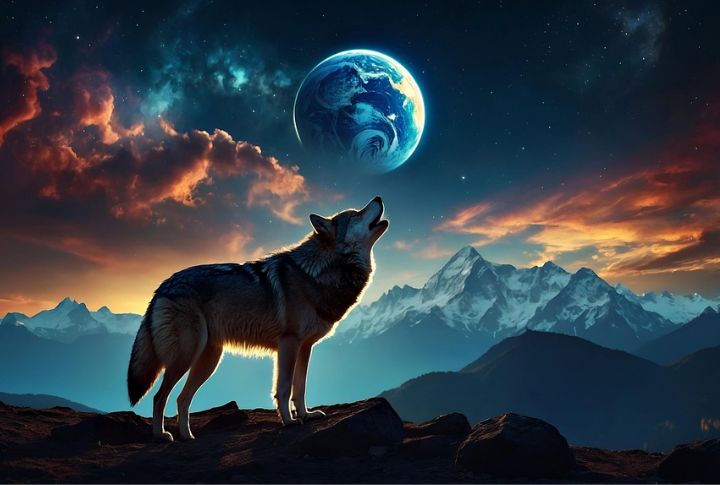
Wolves have long stirred deep, primal fears in us. Their haunting howls in the night echo a wildness that reminds us how little we control nature. But are they truly the dreaded figures shown in tales like “Little Red Riding Hood?” Or do they simply mirror our own fear of one another?
The Wolf’s Legacy In America

They were once central to the American wilderness, shaping what we know of the land for centuries. However, by the late 1800s, overhunting led to their near extinction. Today, as they return to regions like the West, their presence speaks to nature’s resilience, especially among the grey wolves of America.
Cultural Heritage Of Wolves
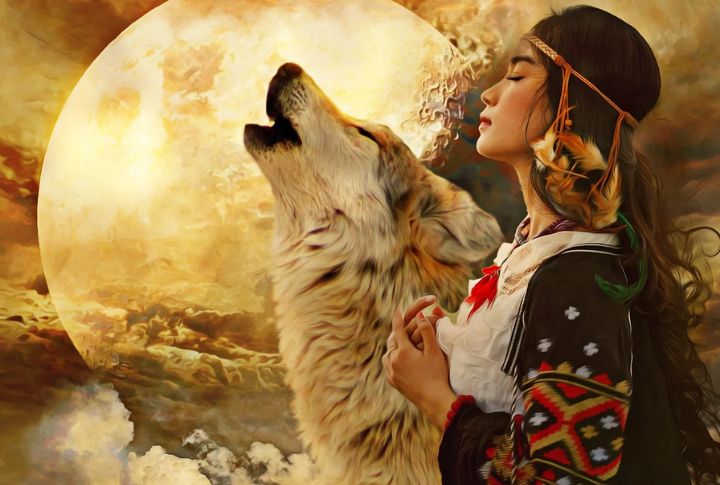
Many indigenous cultures view wolves as spirit animals, representing wisdom and strength. Native American tribes, for instance, tend to celebrate the beasts as symbols of loyalty or as totems. These creatures can tie us back to the earth and our ancestors’ stories.
Wolves And Conservation Advocacy
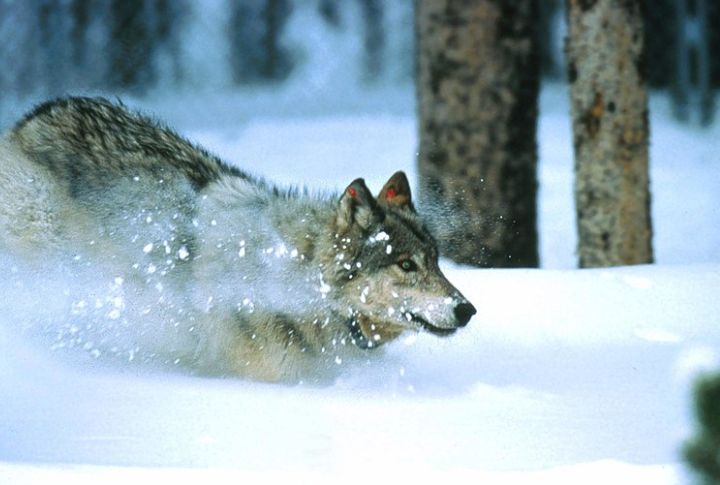
Wolves have been key to restoring ecosystems after facing near extinction. When reintroduced to places like Yellowstone, their effect on biodiversity was immediate. Their comeback shows that wildlife conservation isn’t just about saving individual species but about restoring balance to entire habitats.
Psychological Archetypes Of Wolves
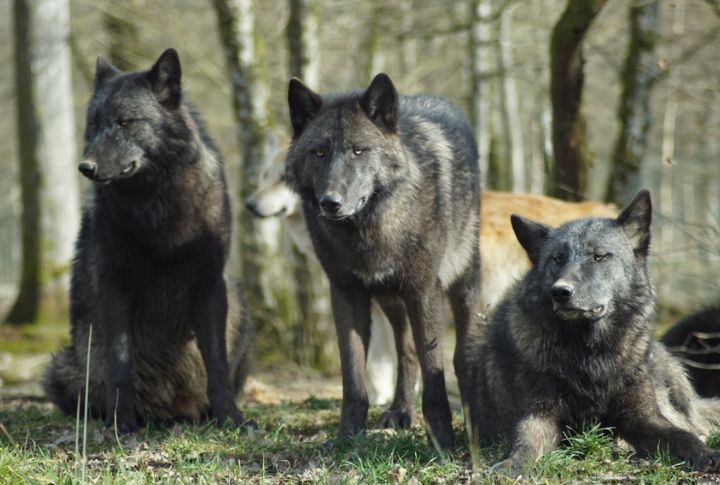
In psychology, wolves often represent the tension between our wild and civilized sides. While we admire their independence, their need for a pack mirrors our own longing to belong to a community. This duality—the balance of being both solitary and social—speaks directly to the core of human identity.
Cross-Cultural Wolf Significance
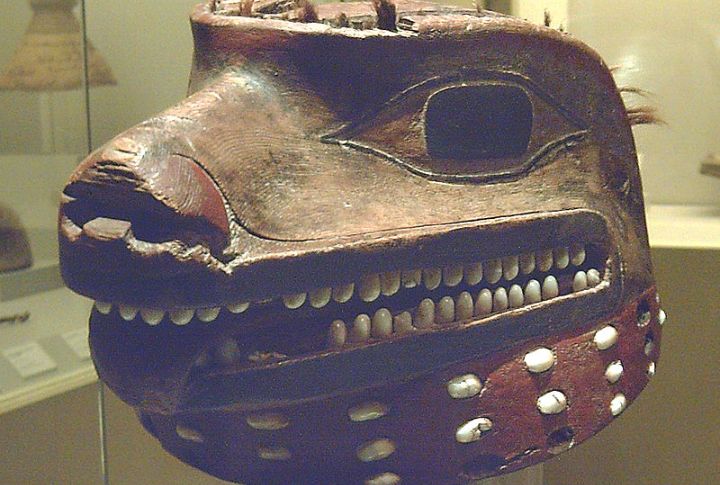
Wolves carry different meanings across cultures. In some European traditions, they symbolize fear and destruction, while in many Asian cultures, they are seen as protectors. These contrasting views highlight how America’s diverse society may see wolves in both nature and folklore.
Mythological Storytelling Of Wolves

In myth, they have long been portrayed as powerful, often mystical beings. Greek and Norse myths feature them as agents of chaos or strength. These tales reveal the complexity of wolves as symbols—both protectors and harbingers of doom, reflecting humanity’s conflicted awe of them.
Moral Lessons From Wolf Stories
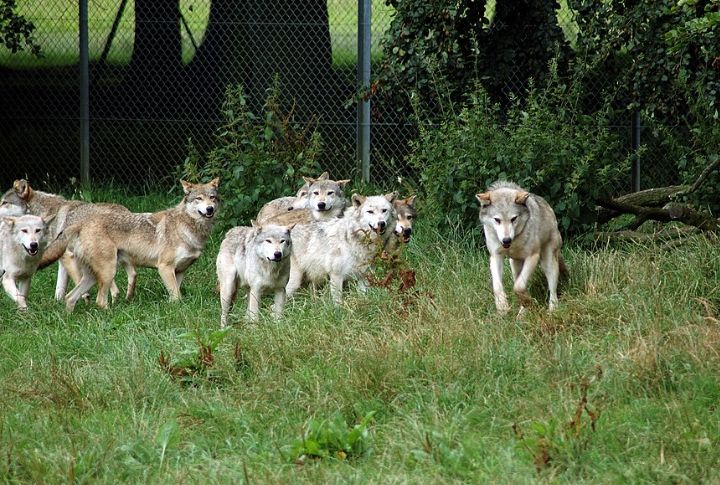
One of the central themes when it comes to this creature is the importance of community. Many tales show that strength lies in working together, much like a wolf pack, where cooperation and trust are paramount for survival. Wolf stories often carry lessons about survival, loyalty, and respect for nature.
Wolves As Artistic Inspiration

Artists have long been fascinated by wolves. Their wild beauty and mystery inspire paintings, sculptures, and stories. Franz Marc’s “The Wolf” captures their elegance and danger, a showcase of raw power and untamable nature that makes them a captivating muse.
Wolf Symbolism In Branding
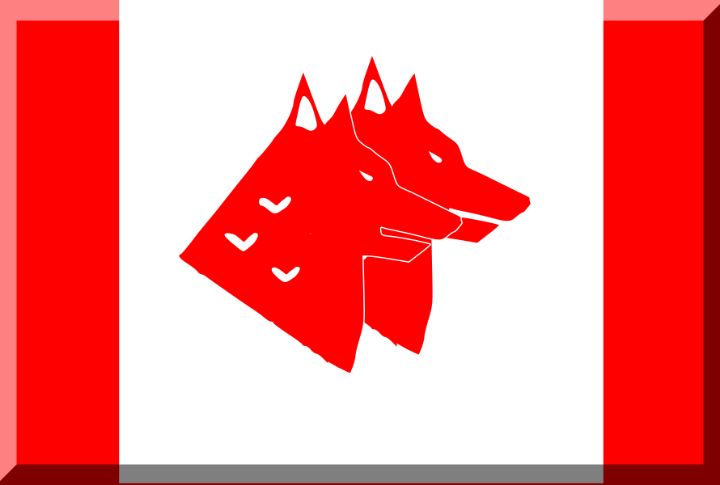
The wolf’s fierce independence and strength have made it a popular symbol in branding. From sports teams to businesses, companies use the wolf to convey power and resilience. It’s no surprise that many brands like “The Hartford Wolfpack” and “Wolf Sports” want to align themselves with this beast’s untamed energy.

